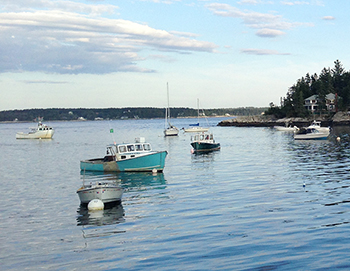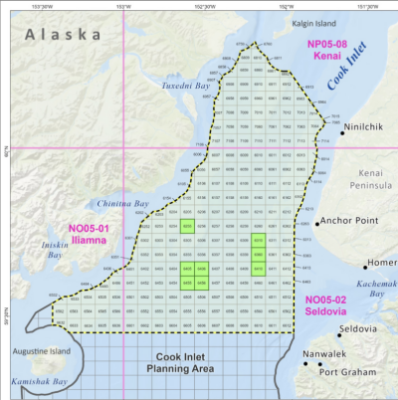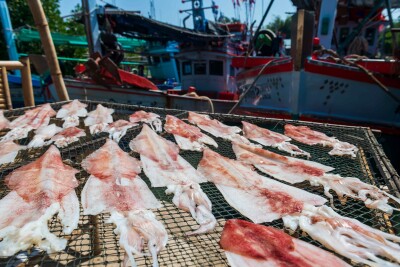A halibut schooner pulled up next to a Soviet factory trawler in the Gulf of Alaska. A rifle emerged from the schooner’s wheelhouse window and fired shots at the trawler’s bridge.
The skipper of another halibut schooner planted himself smack dab in front of an oncoming Soviet factory trawler, its nets out, dragging the bottom. The halibut schooner had set its gear: 10 strings, six skates to a string — with hundreds of baited hooks — lying on the bottom. A flagpole bobbing across the tops of rolling swells marked the ends of each string.
The Soviet trawler was on a course to drag straight through — this was all before the 200-mile limit. The halibut schooner held firm, and the trawler changed course. In a struggle for territory, the halibut fishermen seemed to have won both times.
(These are gutsy — maybe irrational — calls. The factory trawler probably approached 300 feet and was all steel. The halibut schooners 65 to 85 feet, all wood and built in the early 1900s.)
Halibut fishermen often brought guns onboard. They were to deal with seals that couldn’t pass up the opportunity to take a bite out of a halibut as it was hauled to the surface, hanging from a hook. There was also the rare time when you took the afternoon off, anchored in a bay, dropped the dory over the side and rowed ashore for an afternoon of wandering over land without a human anywhere for many miles, though always the possibility of a bear.
But I never heard of a halibut fisherman threatening another halibut fisherman with a gun or using his boat to enforce his notion of territory. To see that in action, you need to go out on a Maine lobster boat. Well, not just any boat will do. Most Maine lobstermen get along very well with lobstermen from nearby harbors. Though there are, and have long been, notable exceptions: Cushing, Matinicus and Friendship harbors are current examples.
This is nothing new. Colin Woodard relates in his book “The Lobster Coast” how in the 1930s and ’40s lobstermen showed their disdain by destroying hundreds of traps and burning fishing docks. Some fishermen were shot on the islands offshore Penobscot Bay.
Sometimes lobstermen’s law goes beyond the confines of competing fishermen, such as when a Maine fisheries economist was escorted off Vinalhaven Island at gunpoint by lobstermen unhappy with a fisheries bill.
In 2009, Matinicus lobsterman Vance Bunker put a bullet in the neck of another island lobsterman, Christopher Young, while missing Weston Ames, a second fisherman. That confrontation started because Bunker believed the two men were cutting the trap lines of Alan Miller, his son-in-law. The two men thought Bunker and Miller were doing the same to them.
Things came to a head on the island’s dock when Bunker’s daughter showed up with a shotgun. When Ames went to grab the shotgun, Bunker started shooting.
Bunker was acquitted but is no longer allowed on the island.
A more recent example of Maine’s lobster wars involves a lobsterman from Cushing who was accused of criminally threatening two other men. In October 2012, Gary Jones showed up in the waters outside Cushing with a 12-gauge shotgun and is said to have fired two shots at Jeremy Yeaton and Justin Brazier, who Jones claimed were going to ram his boat with their lobster boat.
Jones said he only displayed the gun and that the Yeaton family had harassed him for 15 years. The night before the incident, someone cut the buoy lines to hundreds of Jones’ lobster traps. Earlier in the year, someone took both Jones' and his son’s lobster boats out of the harbor, cut the hoses cut and sunk the boats.
The defense claimed Jones committed no crime, and brandishing the shotgun was only a case of self-defense. Jones was acquitted.
Currently, things seem to be quiet along the Maine coast, but with the lack of faith in law enforcement that some fishermen have, it’s only a matter of time before things heat up. Stayed tuned.
Photo: Maine lobster boats tied up on a calm day; Jennifer Finn







